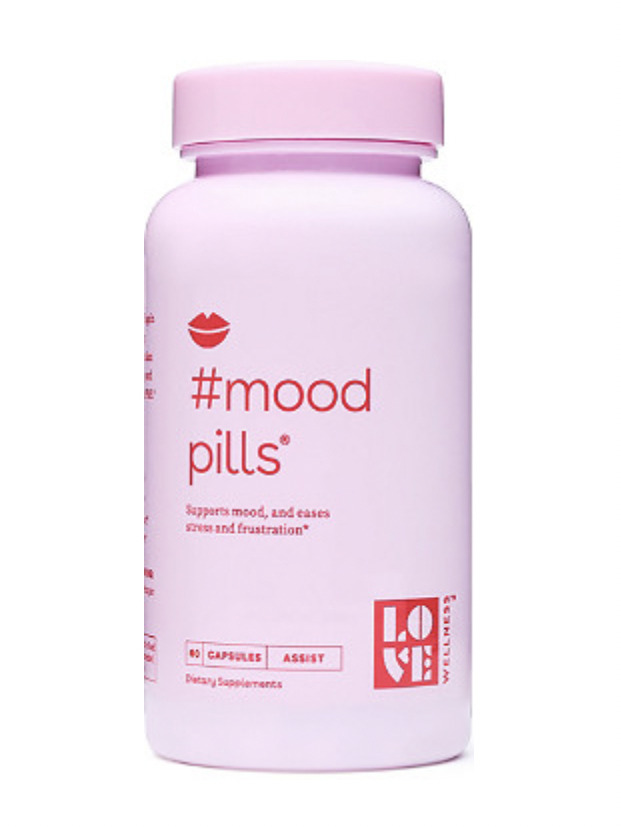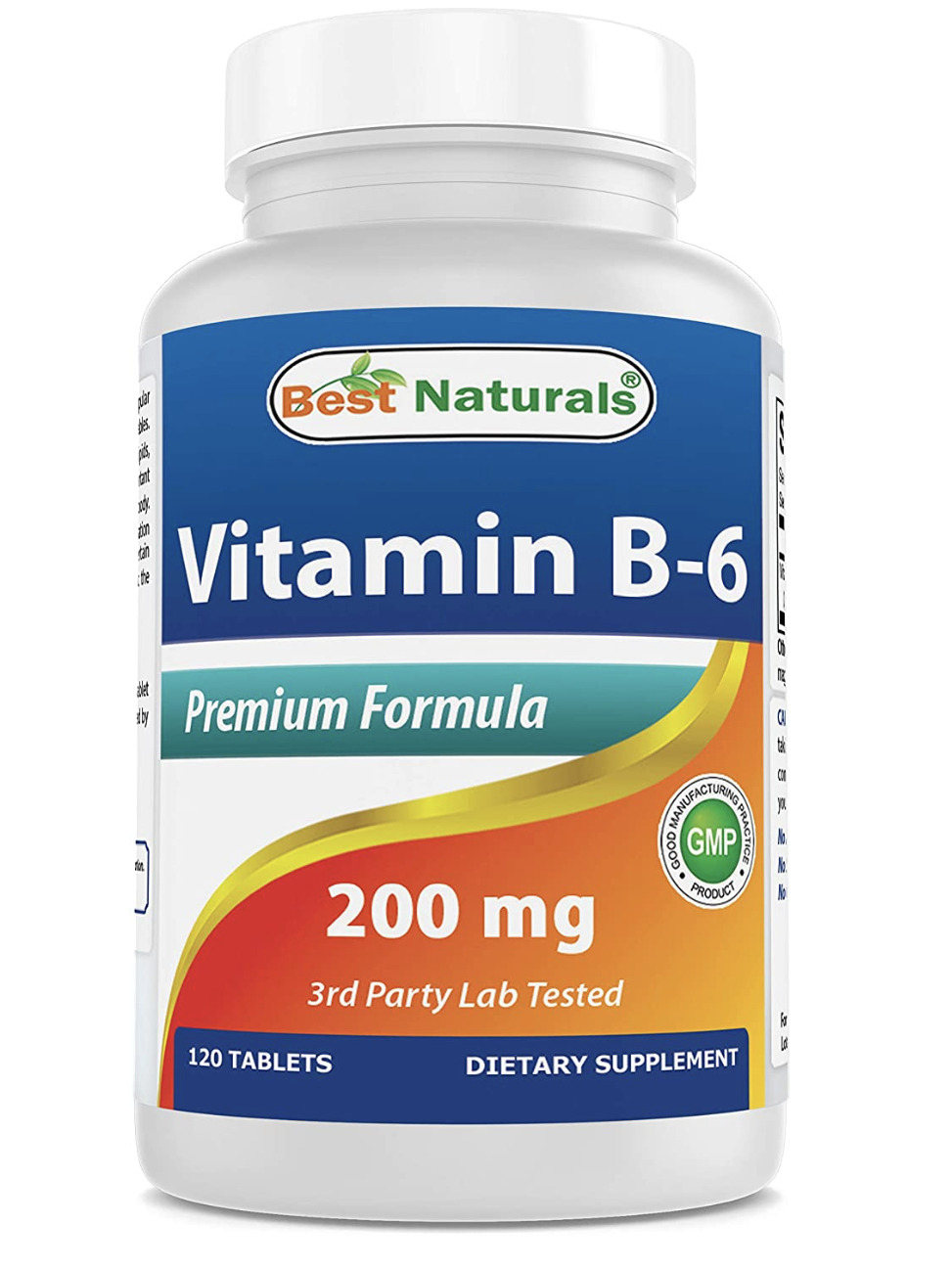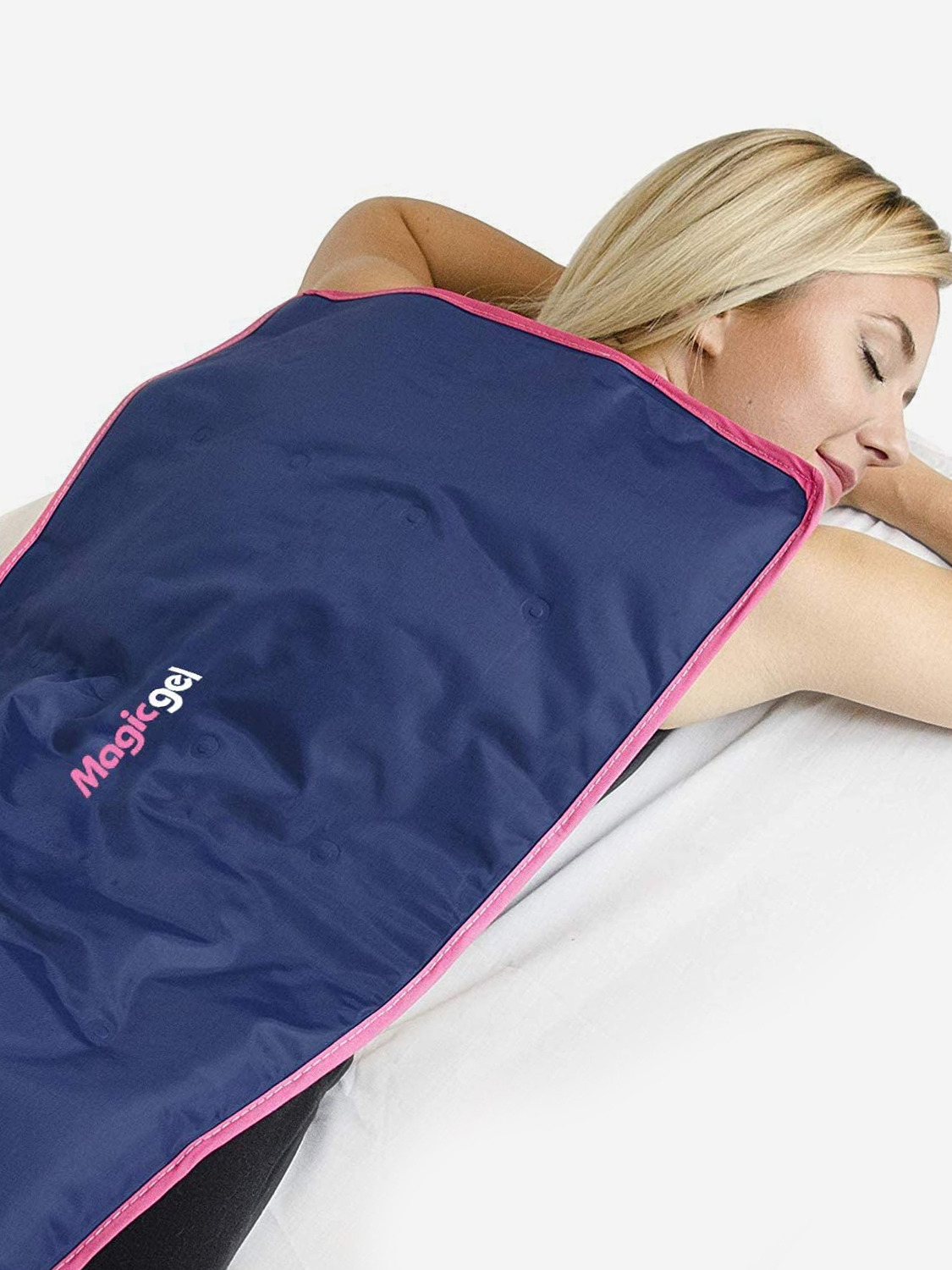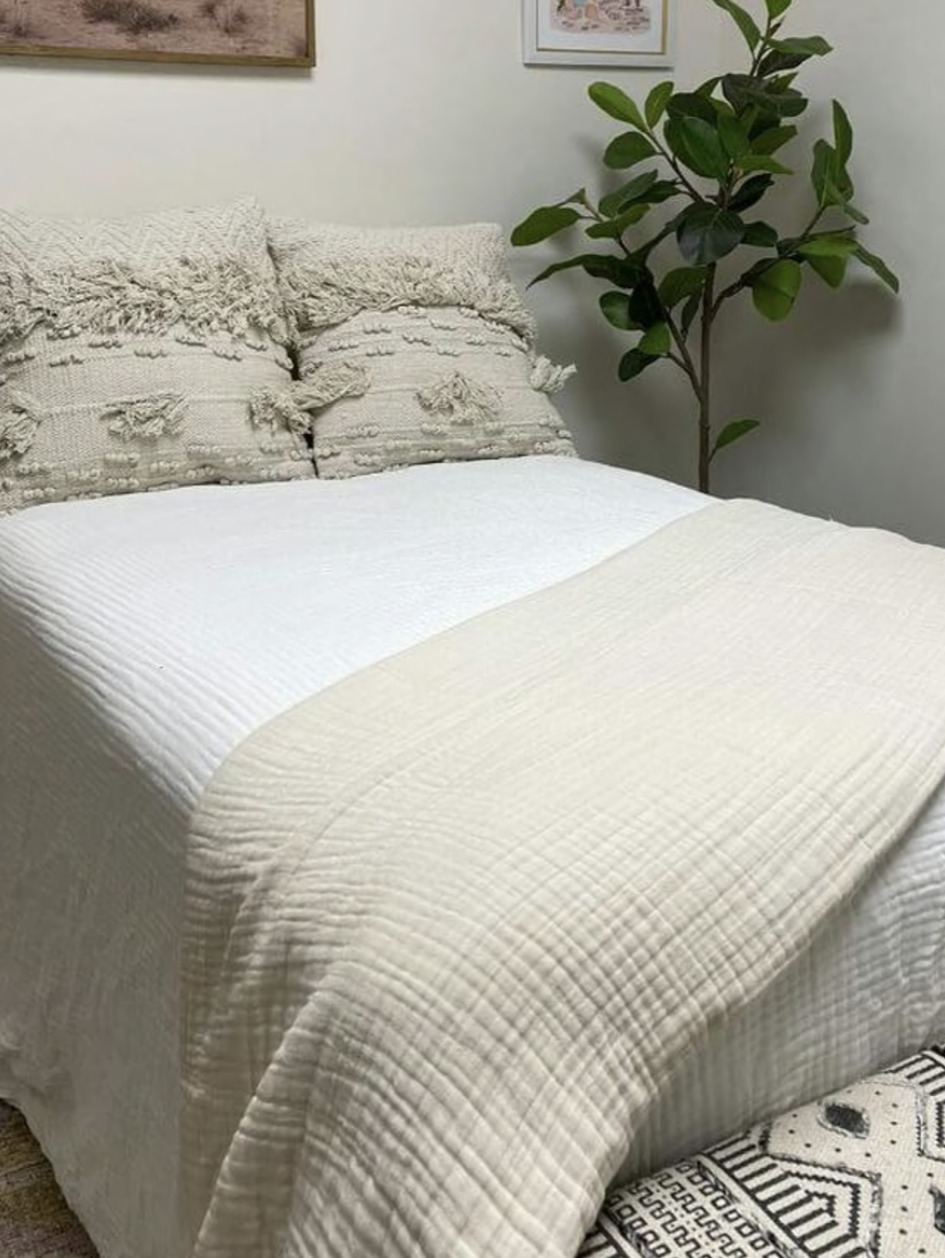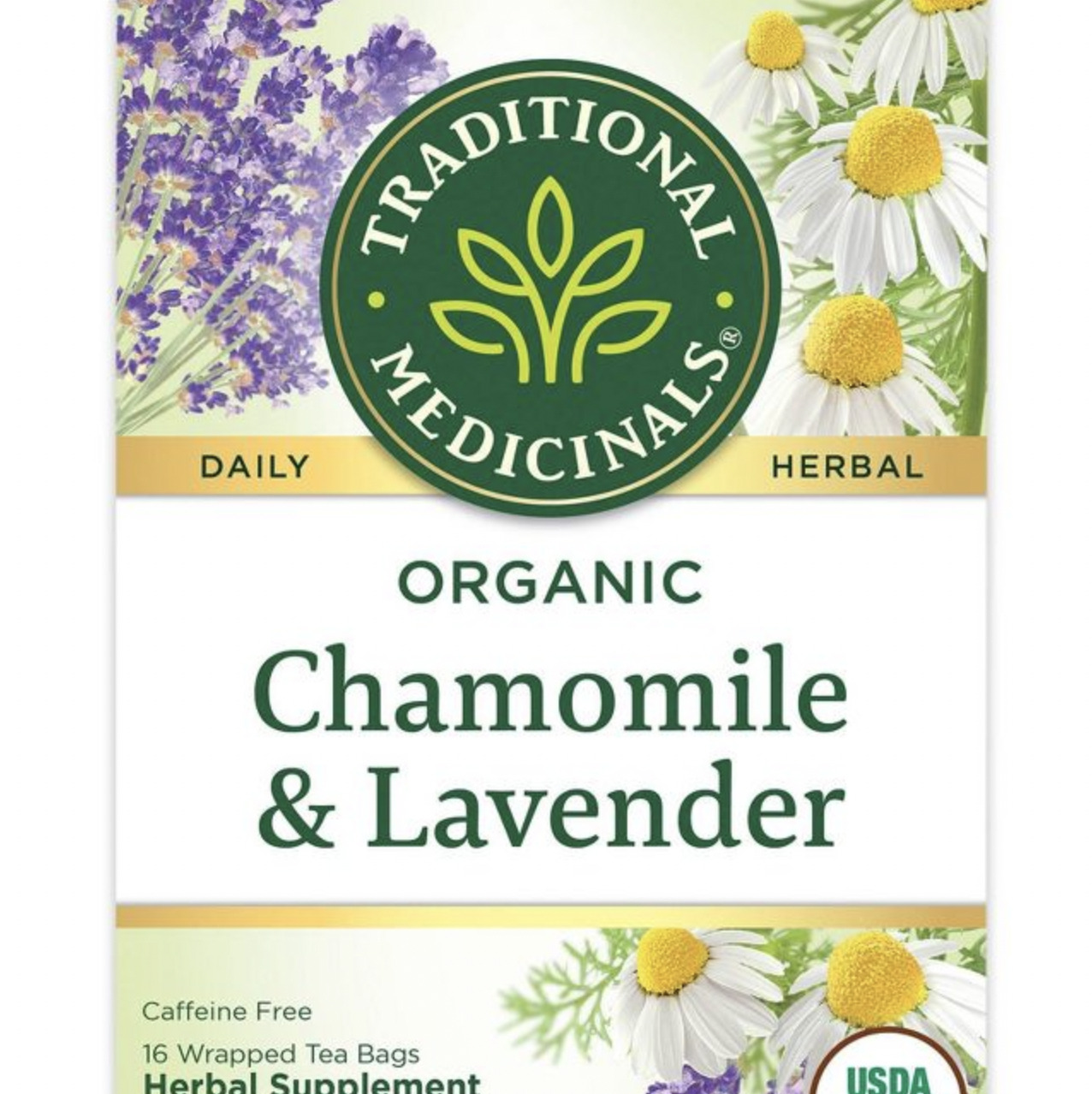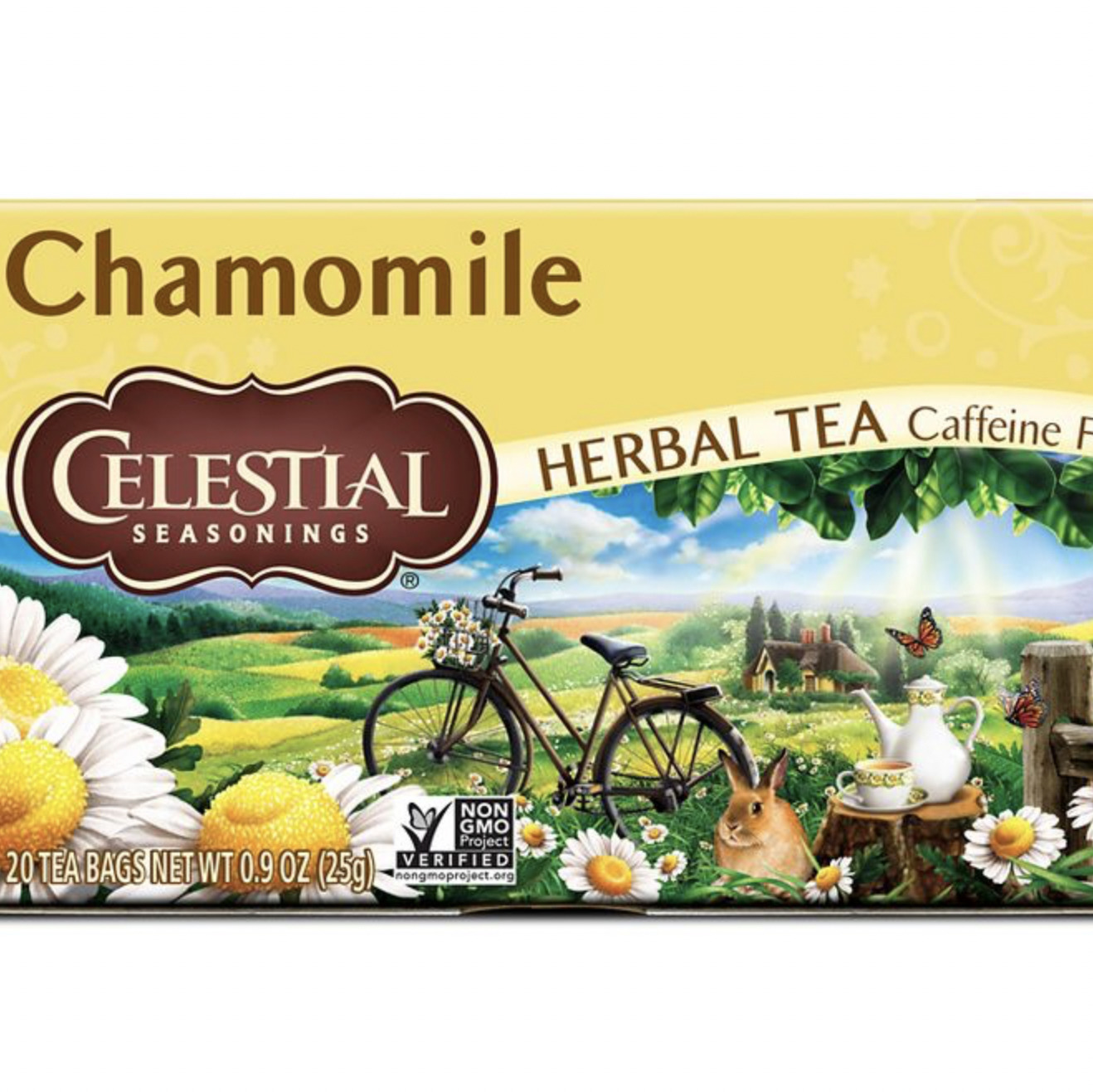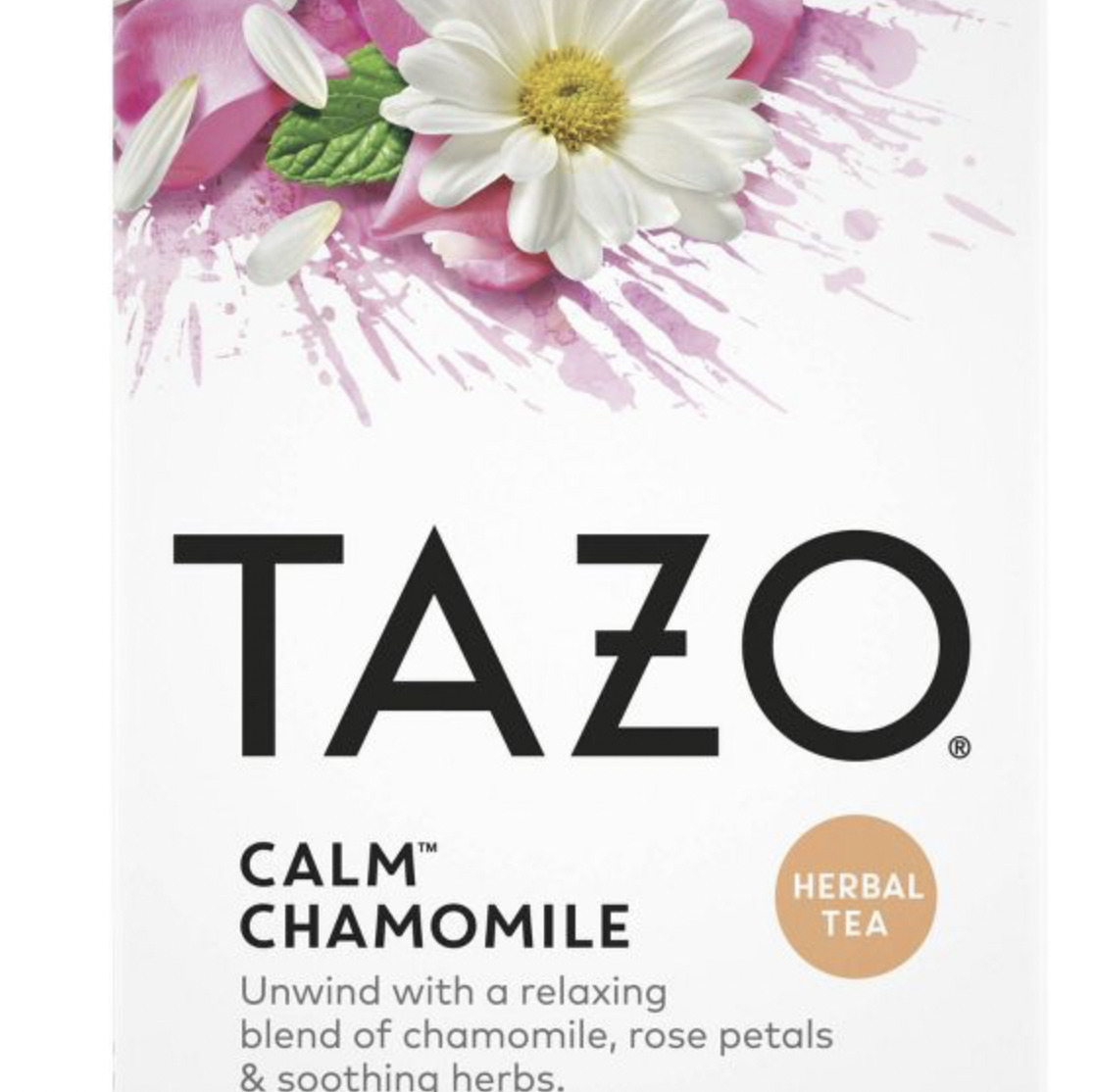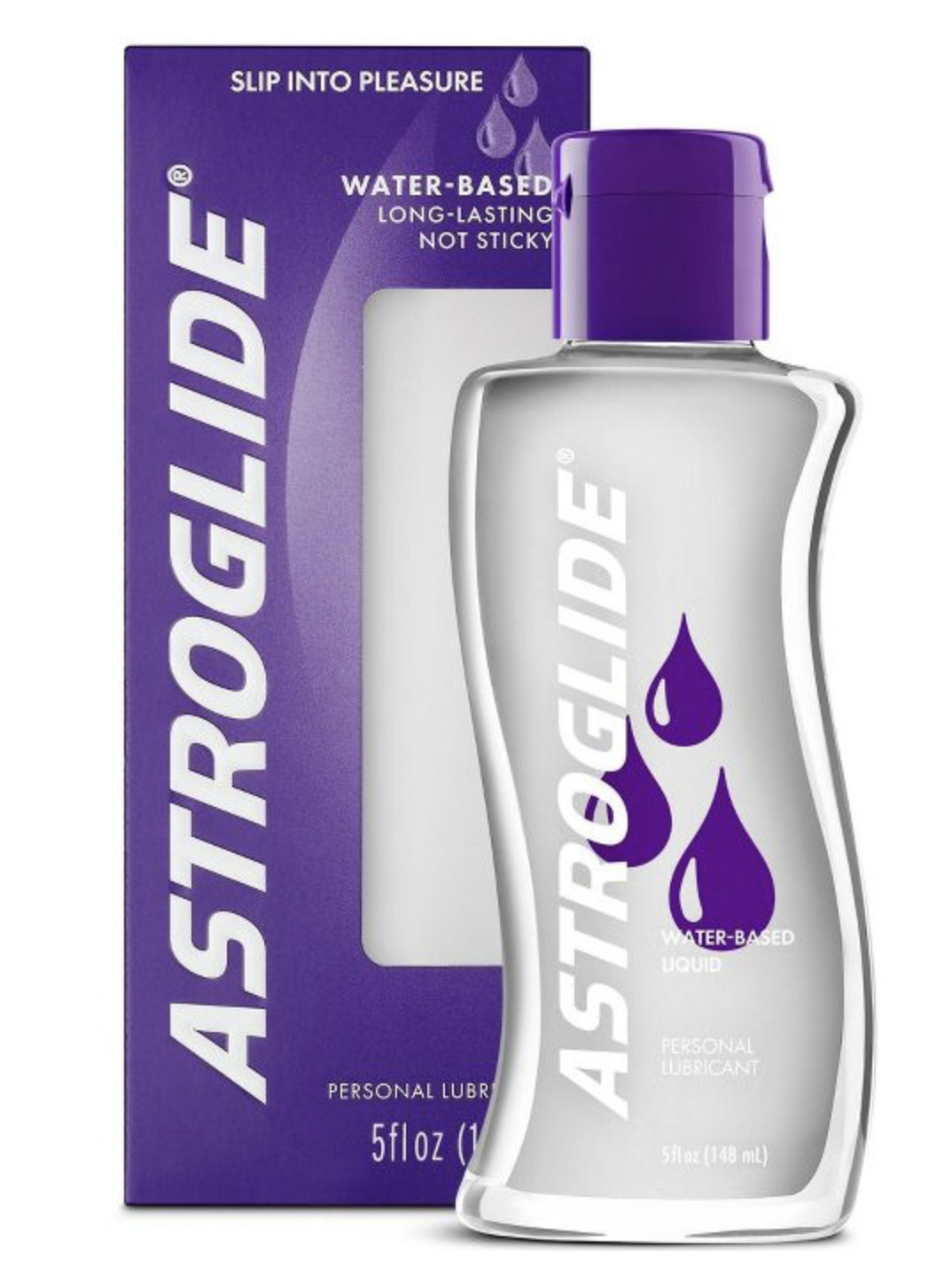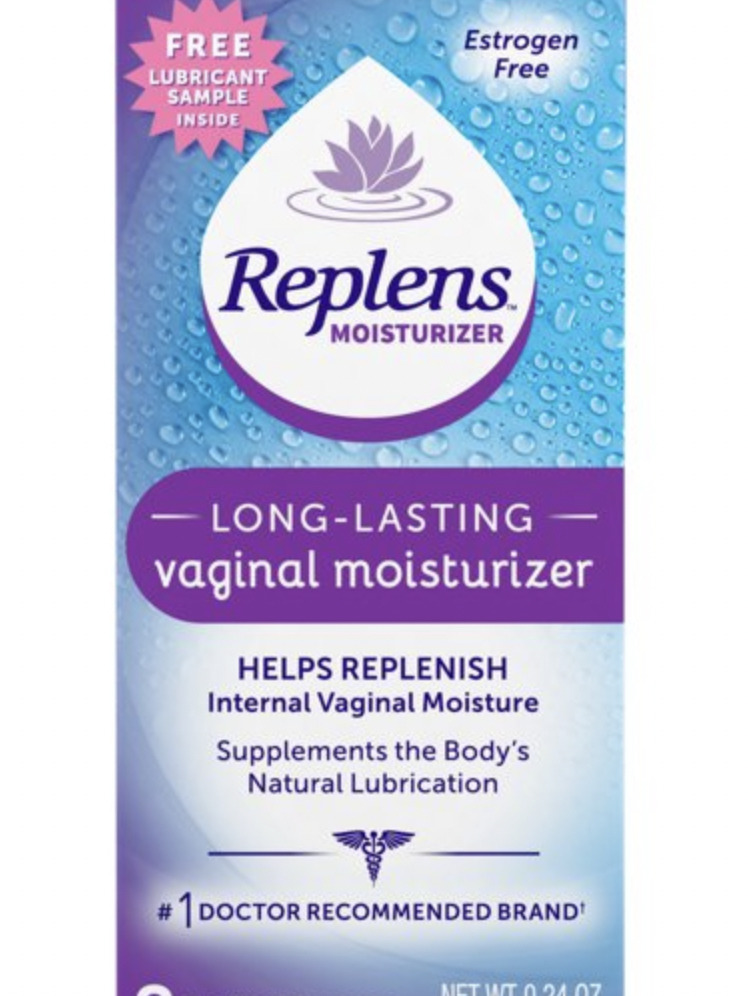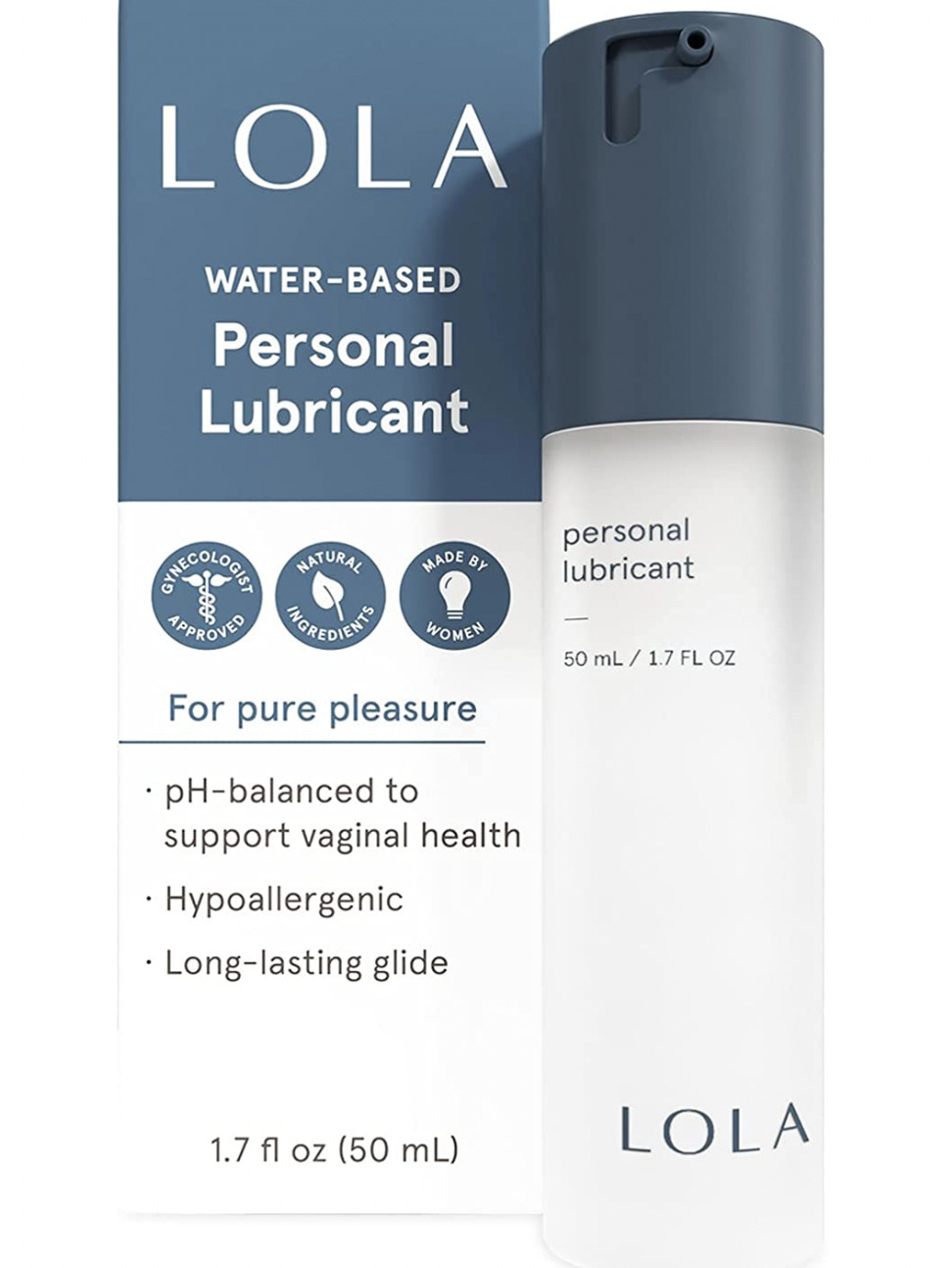Mood swings, and hot flashes, and insomnia – oh, my!
We’re not off to see the Wizard of Oz, but many of us are on a journey to somewhere equally as terrifying – menopause. And the yellow brick road guiding us there is plagued with the lions, tigers, and bears of middle age – menopause symptoms.
They can get ugly and make life miserable.
So what can you do to alleviate or ease the symptoms? What even are the symptoms? Moreover, where are the metaphorical ruby-red slippers that can whisk us back to safety with the click of a heel?
Menopause Symptoms
According to The North American Menopause Society, menopause symptoms include:
-
Mood changes
-
Urinary incontinence
-
Night sweats
-
Trouble falling asleep
-
Sexual discomfort
Mood Swings
For mood changes, they say “Some women find that hormone fluctuations in perimenopause create a feeling of being out of control. Reports of increased irritability, anxiety, fatigue, and blue moods are not uncommon.
“Relaxation and stress-reduction techniques, including deep-breathing exercises and massage, a healthy lifestyle (good nutrition and daily exercise), and enjoyable, self-nurturing activities may all be helpful.”
Some women recommend treating these symptoms with over-the-counter products like St. John’s wort (use of which comes HEAVILY cautioned – always talk to your doctor before starting a new healthcare regimen) or vitamin B6.
“Discussing mood issues with your healthcare provider can help you identify the cause, assess for severe depression, and decide on the most appropriate intervention,” they suggest.
“For depression, prescription antidepressant medications may be indicated to correct a chemical imbalance. Although several weeks are usually needed to experience the full effect of one of these drugs, many women show a marked improvement with these medications with relatively few side effects. Some antidepressants have also been found to treat hot flashes. Antidepressant therapy is most effective when combined with counseling or psychotherapy.”
Urinary Incontinence
During menopause, you could become “leaky,” which is not only embarrassing but also irritating.
There are several solutions to urinary incontinence before seeking medication or surgical intervention, such as staying hydrated with lots of water and steering clear of foods that are highly acidic or contain caffeine.
You can do Kegel exercises to strengthen your pelvic floor muscles and lessen incontinence episodes.
Night Sweats
To get relief from night sweats (hot flashes that happen when you sleep), here are some tried and true tips to help you stay cool while you sleep:
-
Dress in a pair of cooling pajamas
-
Use cooling blankets at night
-
Cool down with an electric fan
-
Sip cool water throughout the night
-
Keep a frozen cold pack under your pillow and turn over the pillow often so that your head is always resting on a cool surface, or put a cold pack on your feet
Trouble Falling Asleep
It’s recommended that you maintain a regular sleep schedule and sleep routine with these tips:
-
Wake up and go to bed at consistent times, even on weekends
-
Relax and wind down before sleep by reading a book, listening to music, or taking a leisurely bath
-
Milk and peanuts contain tryptophan, which helps the body relax
-
A cup of chamomile tea may also do the trick
-
Keep bedroom light, noise, and temperature at a comfortable level — dark, quiet, and cool are conditions that support sleep
-
Use the bedroom only for sleep and sex
-
Avoid caffeine and alcohol late in the day
Sexual Discomfort
Vaginal dryness is an unfortunate symptom of menopause that can make your favorite bedroom activity less than pleasurable.
Menopause.org recommends trying these solutions:
-
Vaginal lubricants: Available without a prescription, these products decrease friction and ease intercourse when the vagina is dry. Only water-soluble products should be used because oil-based products such as vaseline may actually increase irritation. Only products designed for the vagina should be used. Avoid hand creams and lotions containing alcohol and perfumes, as well as warming/tingling and flavored lubricants, which may irritate tender tissue.
-
Vaginal moisturizers: Also available without a prescription, these products improve or maintain vaginal moisture in women with mild vaginal atrophy (when tissues of the vulva and the lining of the vagina become thin, dry, less elastic, and less lubricated as a result of estrogen loss). They also help keep vaginal pH low, which ensures a healthy vaginal environment.
-
Regular sexual stimulation: Last, but certainly not least, women can maintain vaginal health through regular painless sexual activity, which promotes blood flow to the genital area.

Menopause symptoms can be a real bitch! Do you have any tips we didn’t mention? Tell us in the comments!
For The Latest Articles On Health And Wellness, Keep Reading Below:

